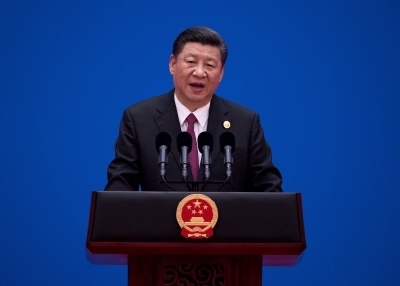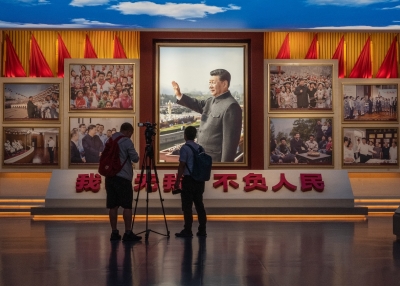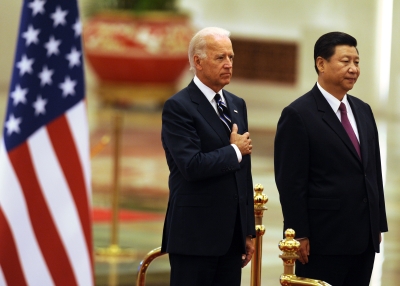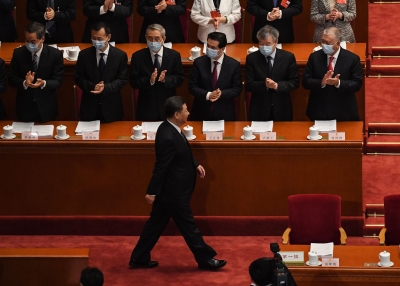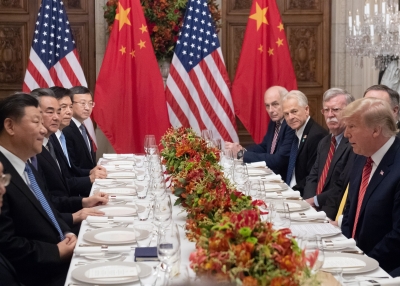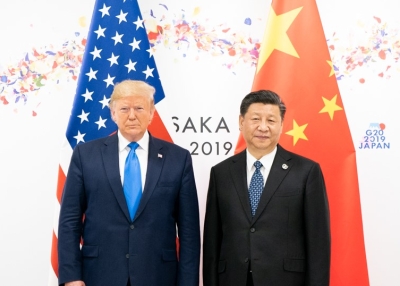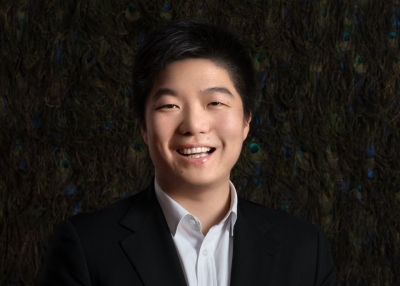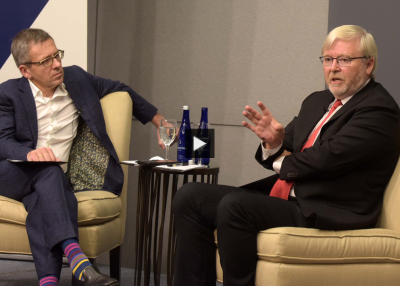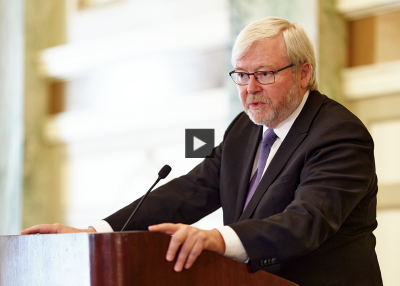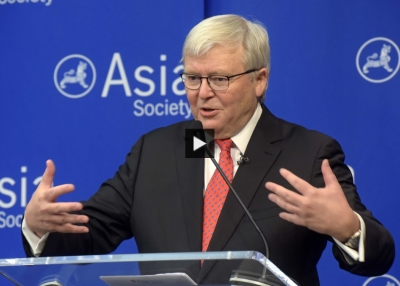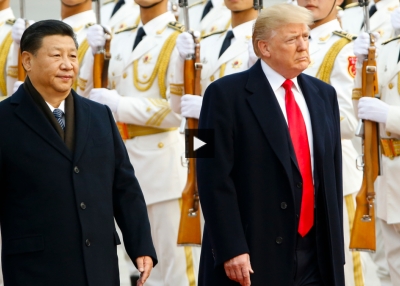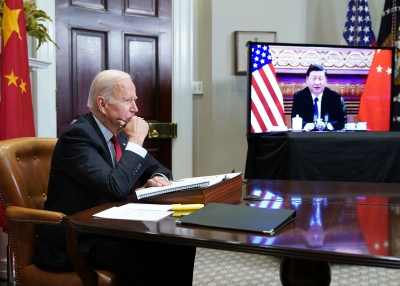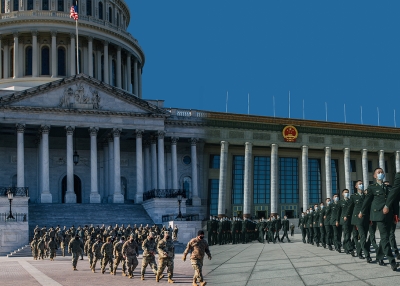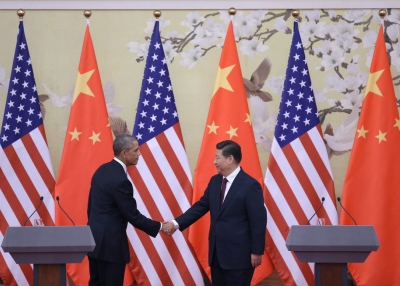The Avoidable War: An Alternative Future for U.S.-China Relations
ASPI Initiative
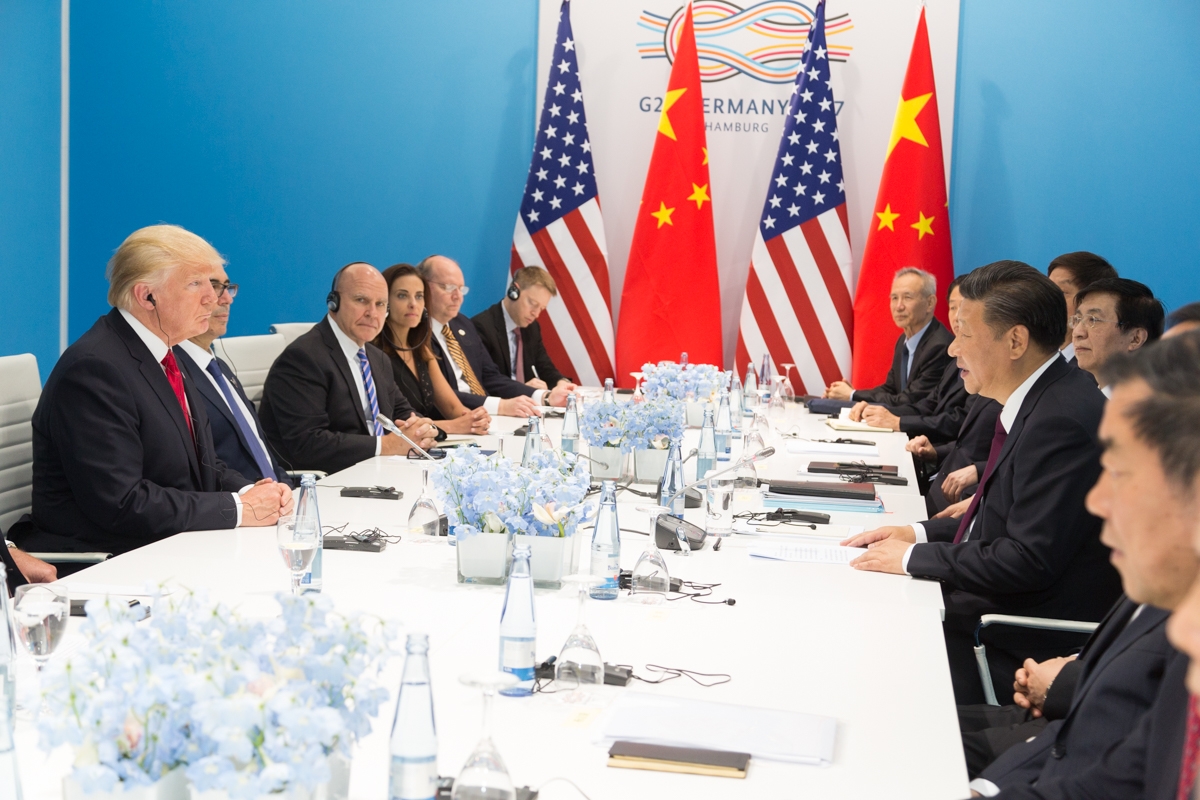
In recent years, China and the United States have begun drifting toward crisis, conflict, and even war. While there may be great forces of history steadily driving them in this direction, such a war is avoidable. A major conflict between the two biggest economies and military powers would be catastrophic for both, and for the rest of the world. Such a confrontation would also cripple the already fragile global order, similar to what took place in after the First World War—“the war to end all wars”—when the international order disappeared altogether.
The Asia Society Policy Institute (ASPI) seeks an alternative future for the United States and China, and seeks to build it through intensive research and consultations with the national political, policy and business elites of both countries. This is a critical task, because in the absence of a framework for managing differences, the ongoing shift in the balance of global power will create major instability and challenges for both countries, the Asia Pacific, and beyond.


